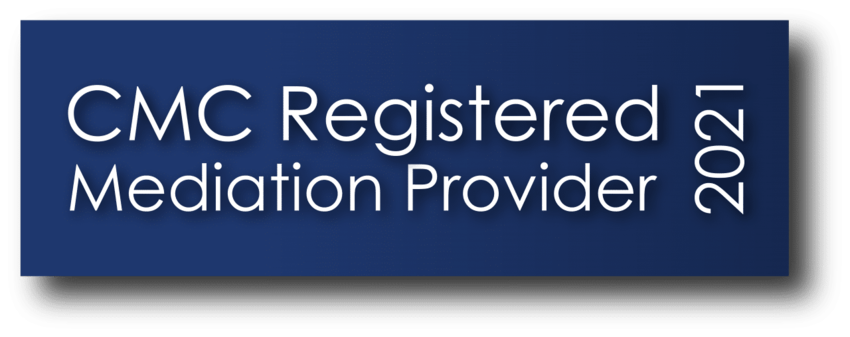Mediation Services

We are pleased to offer qualified mediation services, specialising in professional Commercial and Workplace Mediation.
We are passionate about mediation as the process moves away from allocating blame and instead focuses on finding a resolution and moving forward.
Most businesses / organisations at some point end up in a dispute with either a client, customer, supplier, landlord, tenant, employees or consultants. Disputes can be costly, time consuming and stressful for all involved.
We can assist you to resolve the dispute quickly, amicably and cost effectively, enabling you
to put the focus back on your business.
Disputes happen in business its how you choose to resolve them that can have the biggest impact on your business
The UK court system can be costly and time consuming. Legal proceedings often consume the time and effort of the businesses key personnel which can be detrimental to progressing the business.
We can assist you to resolve the dispute quickly, amicably and cost effectively, enabling you to put the focus back on your business.
See below for a quick guide to Mediation. If you have any further questions about the process please feel free to contact us.
What is Mediation
Mediation is a process facilitated by a qualified mediator using key skills and encouragement to assist the participants in creating their own solutions to the dispute. As a qualified mediator we shall not impose any solutions on either participant.
On average 85% of commercial mediations agree a settlement on the mediation day.
Benefits of Mediation
You remain in control, the participants create their own solution, rather then a solution being imposed by the courts.
Mediation is quicker and more effective then legal proceedings.
Unlike the courts which generally only provide for a financial solution to the dispute, mediation can enable the participants to resolve practical and emotional issues related to the dispute. In many cases one or both participants are looking for an apology, (which is very different from admitting any legal liability) or require the other participant to undertake a certain action or cease a certain action.
The entire mediation day is confidential, unlike the court process.
Participants are given an equal opportunity to have their say and consider solutions.
We provide a friendly approach encouraging participants to move forward
What happens on the Mediation day
Participants are entitled to bring legal representation with them to the mediation or have legal advice available on the phone so they can be contacted at any stage of the mediation or participants can attend the mediation on their own or with a friend or colleague.
Prior to the mediation day both participants shall submit a written copy of the dispute to the mediator, this gives the participants a chance to provide their side of the dispute. The mediator shall read both participants submission prior to the mediation day. This enables the mediation day to be spent on looking forward rather then continuing to look back over the history of the dispute.
On the day the mediator shall go through the mediator 'check list' ensuring that both parties understand the mediators role and how the process works.
The rest of the day is spent in both open sessions (both participants in the same room) and closed sessions (one participant in a private session with the mediator, all of which remains confidential unless expressly permitted to be shared by the participant) . During these sessions the mediator will encourage and assist the participants to identify what they wish to achieve from the mediation and encourage and assist the participants to create their own solutions.
The mediator will move from room to room encouraging the participants to find a workable solution.
In the majority of mediations the participants will agree a settlement.
The settlement will then be agreed in writing by the participants, (Settlement Agreement) this is normally undertaken by the legal representatives in the room, if there is none then the participants will undertake this themselves. The settlement agreement is then signed by the participants and is legally binding.
